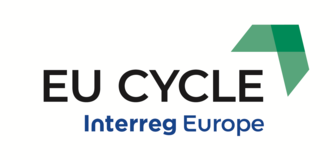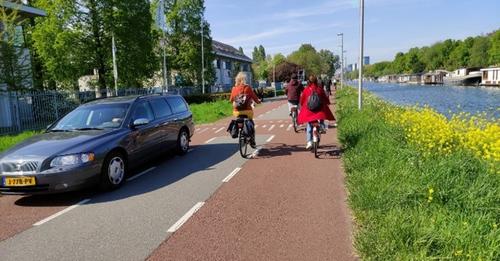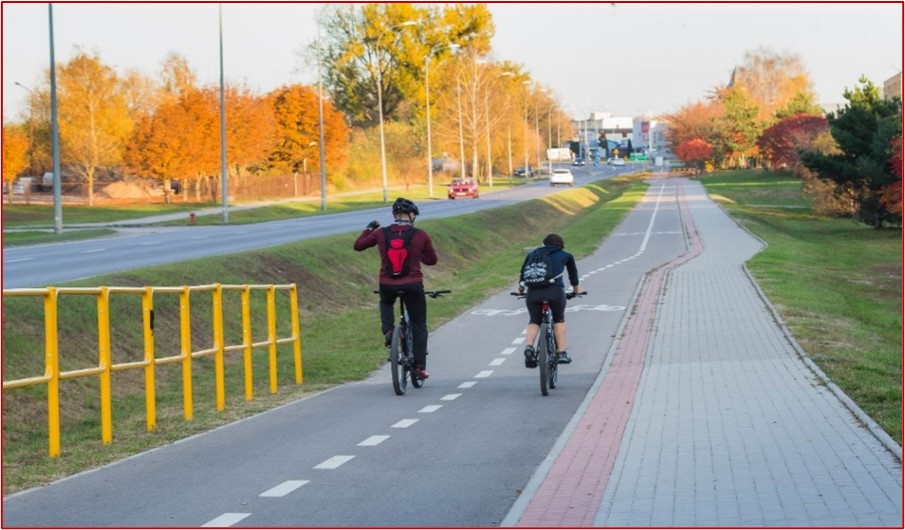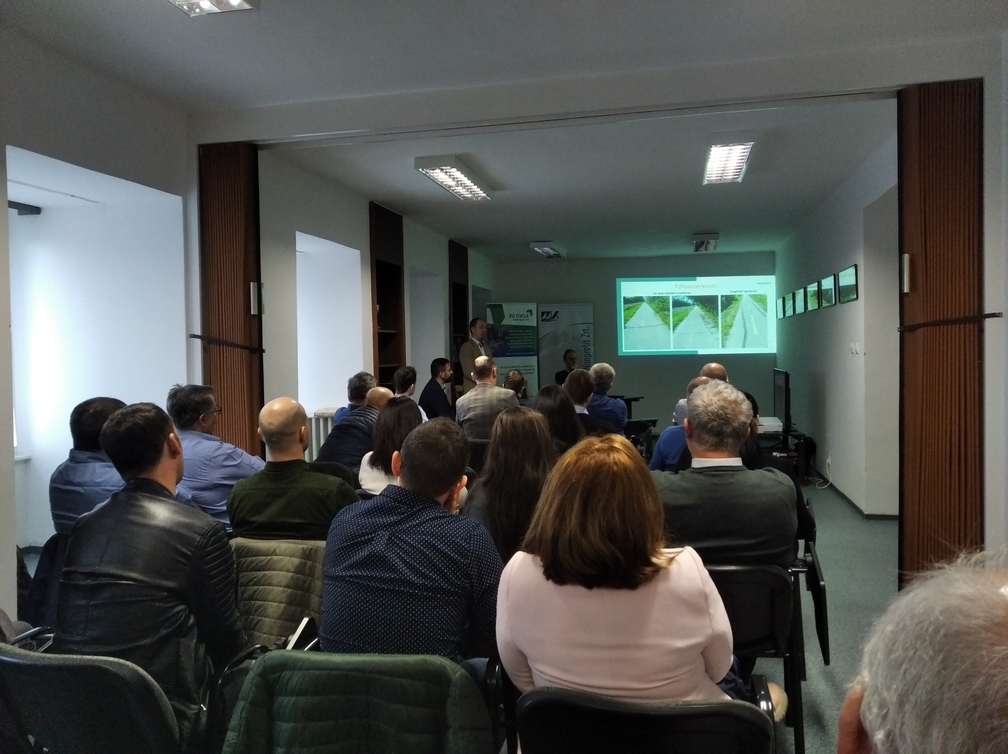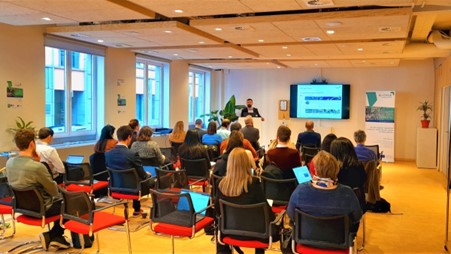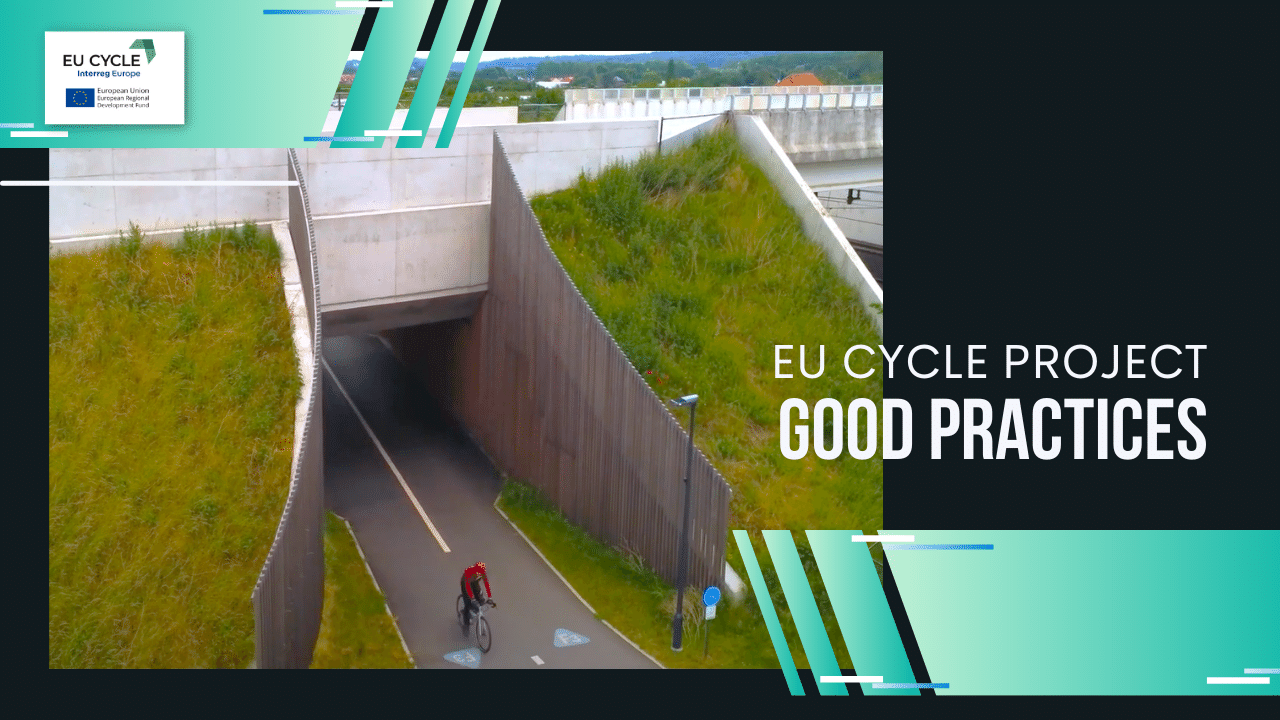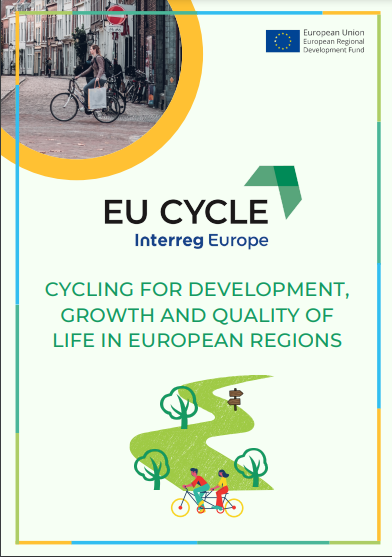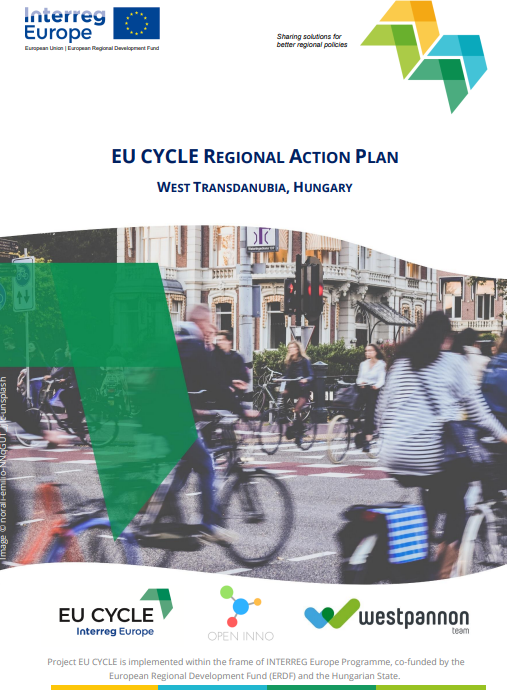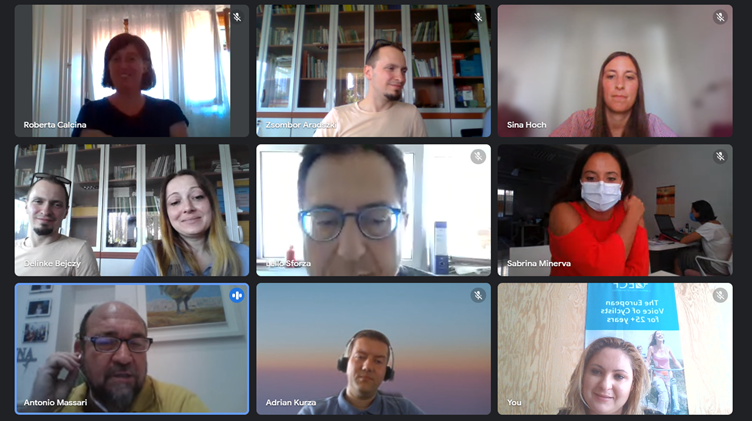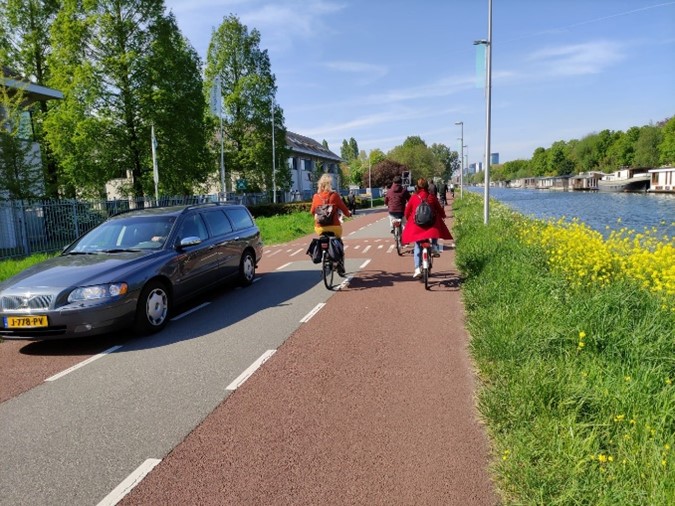The Active Mobility Congress was held for the 10th time. This year's edition of the Congress focused primarily on the following thematic areas: sustainable urban mobility, psychology and sociology of transport, autonomous transport and its impact on city residents, electrically supported active mobility (mainly electric bicycles). Numerous presentations, debates, workshop sessions and the opportunity to meet experts, analysts and practitioners in the field of sustainable mobility make the Active Mobility Congress one of the most important events in Central Europe devoted to active mobility. We believe that it positively affects the processes that shape cities that ensure an increase in the quality of life of their residents. It is a meeting place for representatives of local governments and enterprises, residents, schools, institutions, NGOs and other people interested in the subject of mobility, not just active.

The main arena of the 10th Congress of Active Mobility was Stadion Energa Gdańsk (24 September) and European Solidarity Center (25 September). There was also a bicycle trip around Gdańsk. Participants of the trip had the opportunity to ride bicycles from the municipal rental system and to get acquainted with the positive and negative examples of infrastructure solutions that they encountered on the route. Numerous presentations, speeches, workshop sessions and the opportunity to meet experts and analysts and practitioners in the field of sustainable mobility make the Congress an annual meeting place for practitioners and theoreticians, not only in the field of mobility and urban space management. This year we had the opportunity to listen and watch presentations of guests, including from Norway, Germany and Sweden, who shared invaluable experiences with the participants. Equally interesting were the speeches of representatives of Polish institutions regarding e.g. the city bike system, cargo bikes or issues in the field of transport psychology.
Exchange of knowledge and information during the Congress has a significant positive impact on the processes of shaping our cities, initiating and strengthening processes aimed at improving the quality of life of its inhabitants.
